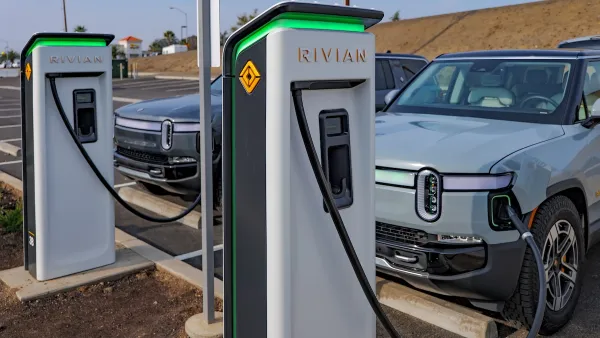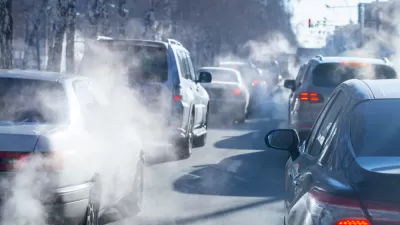Voters will decide on Proposition 4, a climate bond to fund critical state environmental initiatives, including water projects, wildfire risk reduction, sustainable agriculture, and parks to help the state meet its climate goals.

In November, California voters will decide on Proposition 4, a $10 billion climate bond designed to fund a variety of environmental initiatives, including water projects, wildfire risk reduction, coastal resilience, sustainable agriculture, and parks. The bond, which comes in response to recent state budget cuts affecting climate programs, has garnered strong support from environmental groups who argue that it is essential for achieving California's ambitious environmental goals, such as conserving six million acres of land by 2030. According to a recent survey, 59 percent of voters are likely to approve the bond, reflecting growing public awareness of the need for urgent climate action.
Assembly member Lori Wilson, one of the legislators who introduced the measure, noted that the decision to consolidate multiple bond proposals into a single $10 billion initiative was driven by concerns over inflation and voter willingness to support multiple bonds. The bond would be paid off over 40 years through California’s general fund, which is largely supported by tax revenue. Supporters emphasize that this funding is crucial not only for helping communities adapt to climate change but also for reducing climate pollution, both of which are necessary to protect the state from the worsening effects of the climate crisis.
Environmental advocates argue that the bond is vital for ensuring the state can meet its long-term environmental objectives, particularly in light of recent budget constraints. Katelyn Roedner Sutter of the Environmental Defense Fund warned that rejecting the bond could jeopardize California’s ability to address pressing climate challenges. As the impacts of climate change become increasingly apparent in the form of wildfires, extreme heat, and flooding, proponents believe that the bond will resonate with voters who recognize the need to protect their communities and the environment.
FULL STORY: A look at the $10B climate bond California voters will decide on in November

Montreal Mall to Become 6,000 Housing Units
Place Versailles will be transformed into a mixed-use complex over the next 25 years.

Planetizen Federal Action Tracker
A weekly monitor of how Trump’s orders and actions are impacting planners and planning in America.

DARTSpace Platform Streamlines Dallas TOD Application Process
The Dallas transit agency hopes a shorter permitting timeline will boost transit-oriented development around rail stations.

Without International Immigrants, the Rural US Population Would Be Falling 58%
Census data shows that population growth in rural areas is due in large part to international migrants.

Dead End: Nine Highways Ready for Retirement
The Freeways Without Futures report describes the nation’s most promising highway removal proposals.

Congressman Proposes Bill to Rename DC Metro “Trump Train”
The Make Autorail Great Again Act would withhold federal funding to the system until the Washington Metropolitan Area Transit Authority (WMATA), rebrands as the Washington Metropolitan Authority for Greater Access (WMAGA).
Urban Design for Planners 1: Software Tools
This six-course series explores essential urban design concepts using open source software and equips planners with the tools they need to participate fully in the urban design process.
Planning for Universal Design
Learn the tools for implementing Universal Design in planning regulations.
City of Mt Shasta
City of Camden Redevelopment Agency
City of Astoria
Transportation Research & Education Center (TREC) at Portland State University
City of Camden Redevelopment Agency
Municipality of Princeton (NJ)
Regional Transportation Commission of Southern Nevada





























